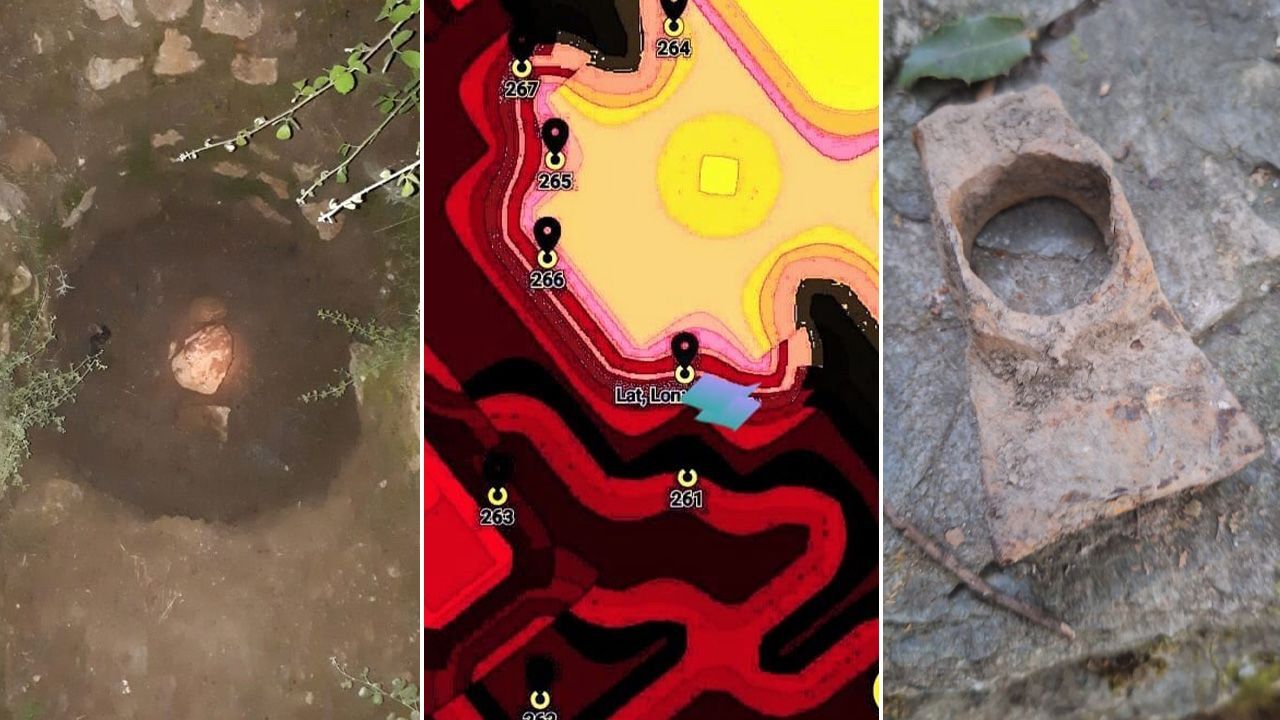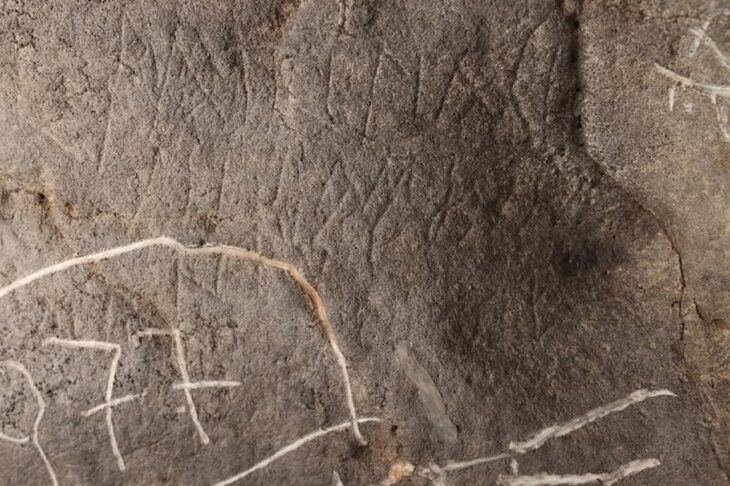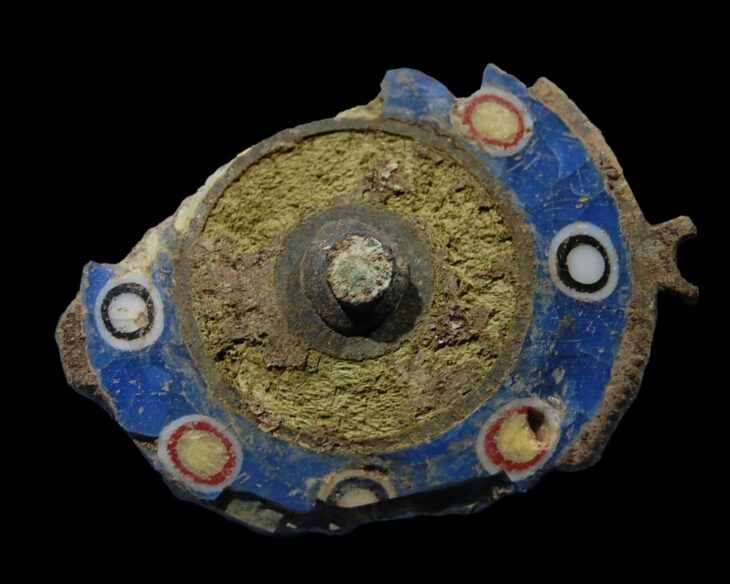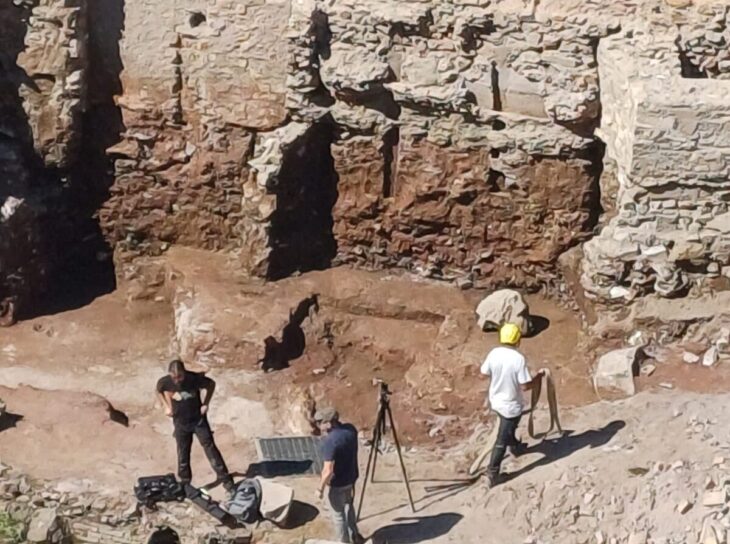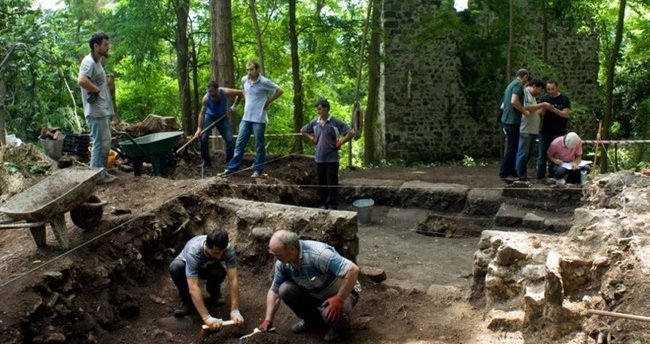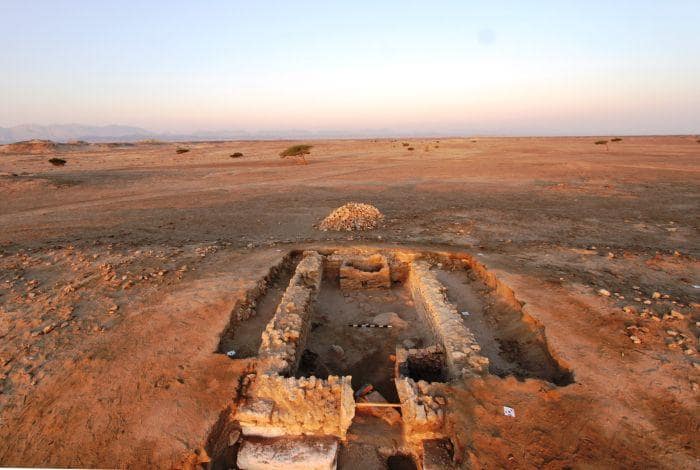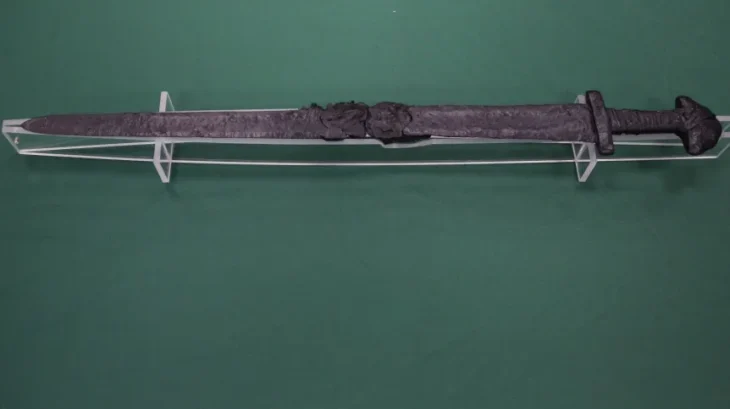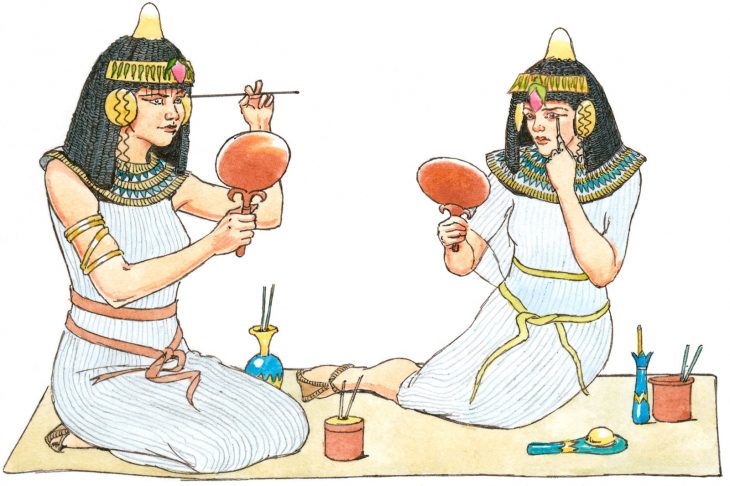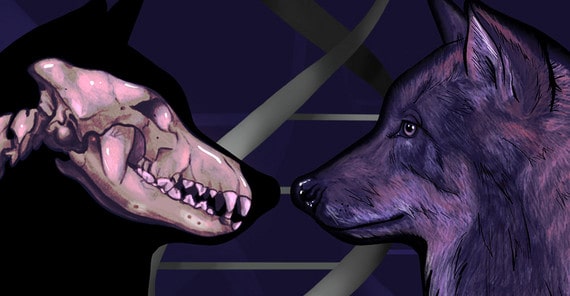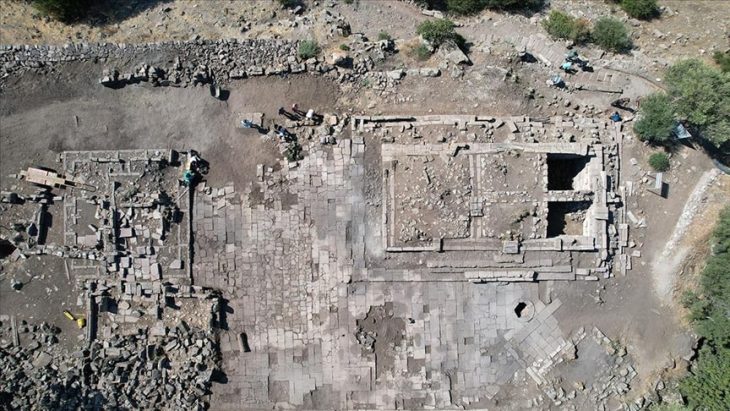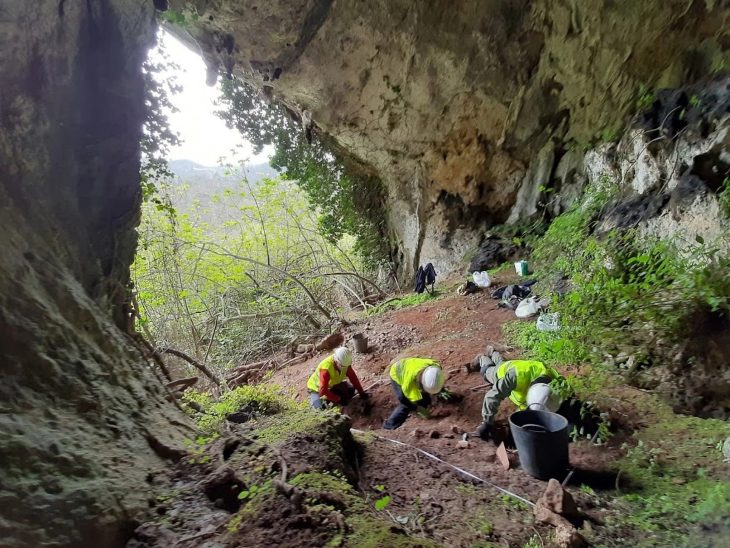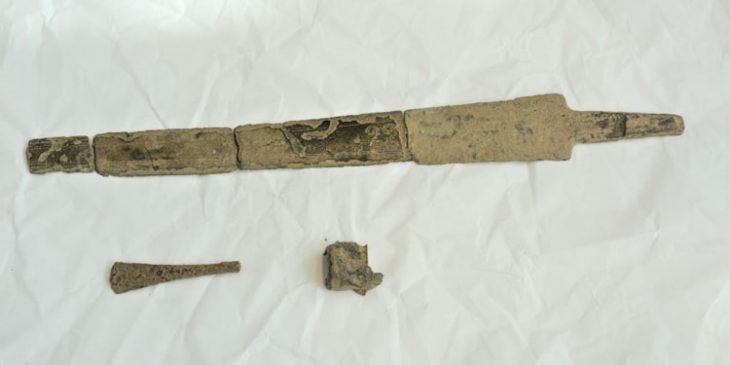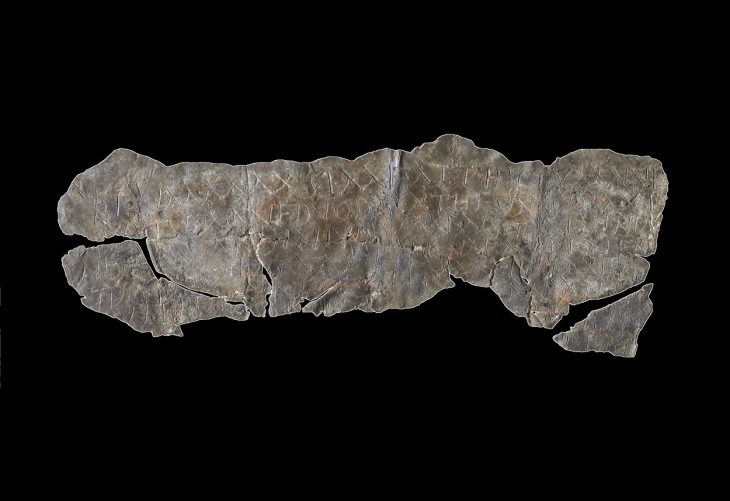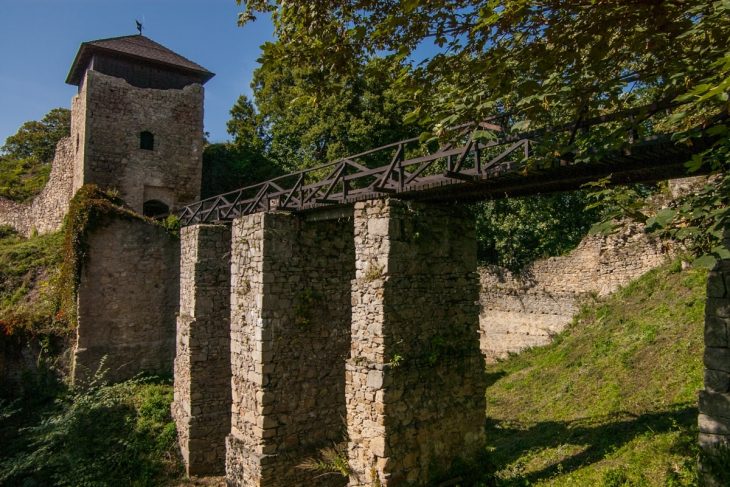In a startling revelation, Mustafa Uysal, a treasure hunter from Bursa, has claimed to have unearthed an underground city in the Orhangazi district, which he asserts is the true location of the First Council of Nicaea, traditionally believed to have taken place in Iznik. Uysal, who has kept his discovery under wraps for years, is now demanding $50 million to disclose the exact location of this purported archaeological site.
Uysal, who turned to treasure hunting after his retirement, stated that his excavations led him to a significant find: an underground city featuring a sarcophagus cemetery and intricate symbols adorning its long corridors. He emphasized the importance of this discovery for the Christian world, suggesting that it could reshape historical understanding of the First Council, which convened in 325 AD to address critical theological disputes within early Christianity.
The First Council of Nicaea was a pivotal moment in Christian history, convened by Emperor Constantine I to unify the rapidly growing Christian community and resolve theological disputes that threatened to divide it. One of the primary issues discussed was the Arian controversy, which revolved around the teachings of Arius, a priest from Alexandria. Arius argued that Jesus Christ, while divine, was not co-eternal with God the Father, a belief that contradicted the traditional understanding of the Trinity. The council ultimately produced the Nicene Creed, affirming the co-eternity of the Son with the Father and condemning Arianism as heretical.
“I have found the underground city where the Council was held,” Uysal declared in a statement to İhlas News Agency (İHA). “Inside, there are statues of Mary and Jesus Christ, 12 altars surrounding them, and the sarcophagus burial chamber of Princess Niken opposite it.” If verified, his claims could have profound implications for historical scholarship and religious heritage.
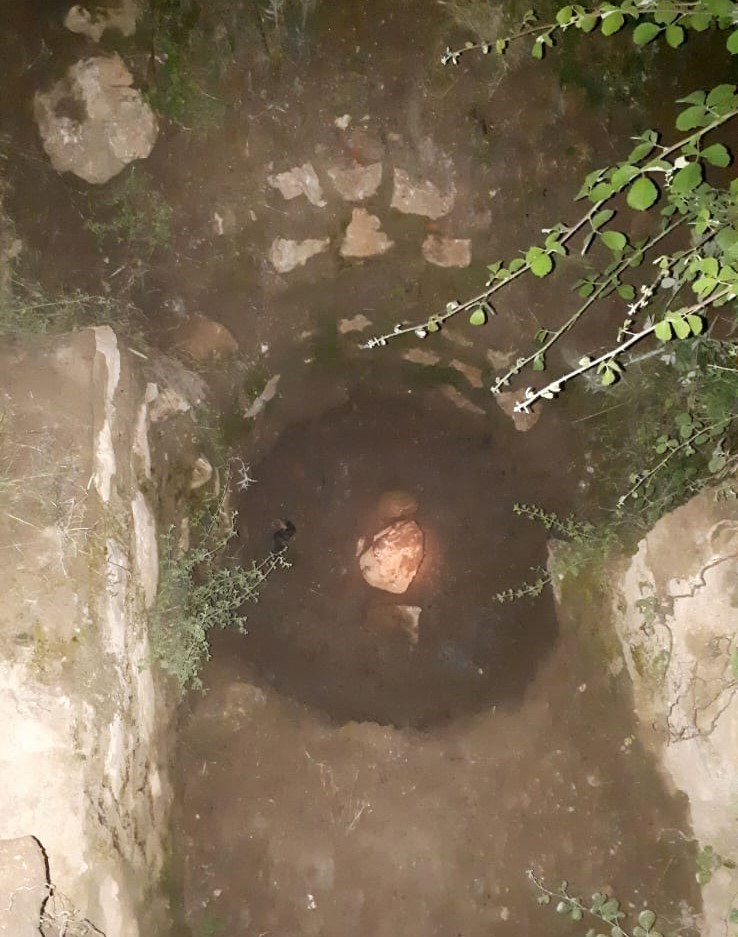
Uysal has expressed a desire for the Turkish government to assist in bringing this site to light, arguing that it could significantly boost the country’s economy through tourism. “My request from the state is to bring this place to light and revitalize Türkiye’s economy,” he stated. “If these demands are met, we can bring this place to tourism with the state’s own means within 3 or 6 months.”
He further elaborated on the potential value of the site, claiming it could represent a reserve of $150 billion, not including the antiquities and historical artifacts that may be found within. Uysal’s insistence on a $50 million price tag for the location has raised eyebrows, prompting discussions about the ethics of monetizing archaeological discoveries.
The First Council of Nicaea not only addressed theological disputes but also set important precedents for church governance and discipline. It established a uniform date for Easter, ensuring that Christians would celebrate this pivotal event in the life of Christ on the same day. The council’s decisions helped solidify the authority of bishops and laid the groundwork for the future structure of the Church.
As news of Uysal’s claims spreads, the archaeological community and historians are watching closely. If substantiated, this discovery could not only alter the narrative surrounding the First Council of Nicaea but also highlight the ongoing quest for understanding the rich tapestry of early Christian history. The world awaits further developments on this intriguing story, which could bridge the past and present in unexpected ways.
Cover Image Credit: İHA

